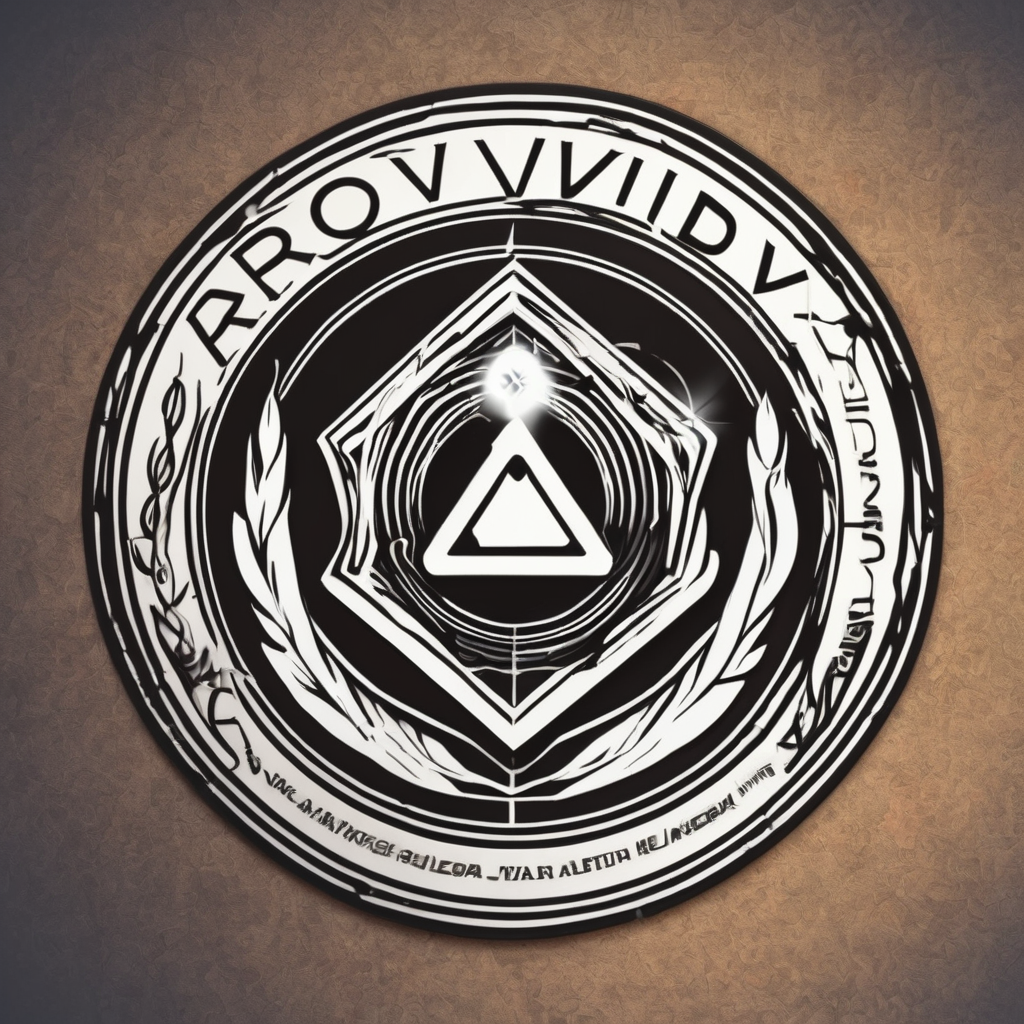Expert service sales training transforms your team’s approach from transactional pitches to meaningful customer relationships. By mastering modern techniques—like targeted questioning and active listening—your business boosts sales effectiveness and loyalty. Proven programs, such as those inspired by Dale Carnegie, equip sales professionals to adapt to today’s self-directed buyers, driving sustained growth and stronger client retention worldwide.
Essential Foundations of Service Sales Training
Within today’s rapidly evolving market, a Service Sales Training stands as the structured process aimed at equipping professionals with the skills required to identify client needs, nurture lasting relationships, and deliver exceptional value at each touchpoint. You can view more details on this page: Service Sales Training.
Topic to read : How can a UK-based home care service ensure compliance with Care Quality Commission (CQC) guidelines?
Training goes beyond simple product knowledge or scripted pitches—it fosters a customer-focused mindset. Practical modules guide participants to actively listen, ask insightful questions, and tailor offerings to unique customer concerns. This consultative approach acknowledges that most buyers are well-informed and value authentic engagement over transactional exchanges.
Companies investing in professional training experience measurable advantages: increased employee retention, higher conversion rates, and sustained revenue growth. Individuals gain confidence in prospecting, negotiation, and account management—skills that translate into superior client experience and greater loyalty.
This might interest you : Unlock your career potential with personal branding workshops
Foundational techniques taught include using open-ended questioning to uncover hidden motives, adapting communication styles for different personalities, and leveraging emotional intelligence. Role-playing scenarios, continuous feedback, and digital learning modules ensure training remains dynamic, relevant, and adaptable to changing markets.
Ultimately, integrating these pillars enables sales teams to build trust, address objections thoughtfully, and generate long-term business success through relationship-driven service excellence.
Key Skills and Competencies Developed in Service Sales Training
Consultative and Value-Driven Selling Techniques
Consultative selling methods prioritize collaboration—identifying customer needs through open-ended questions and active listening. This leads to more tailored solutions and greater client satisfaction. Top programs transition sales professionals from outdated transactional tactics to value-driven approaches, focusing not merely on immediate sales, but on building long-term, mutually beneficial relationships. Participants learn frameworks for engaging customers earlier in the sales cycle, focusing on trust and credible advice.
Mastering Communication and Objection Handling
Effective communication in service sales underpins confidence and clarity. Training hones active listening and questioning skills, so sales teams better understand what drives each client’s decisions. Programs emphasize responding to objections using empathy and data, reframing concerns as opportunities to deepen rapport. This skillset enables professionals to resolve issues efficiently and enhance retention, especially vital as many modern buyers progress independently before engaging a salesperson.
Strategies for Closing, Upselling, and Personalized Service Pitches
Closing deals through service excellence means delivering tangible value at every interaction. Training empowers teams to upsell and cross-sell by identifying unmet client needs and aligning additional offerings naturally. Sales professionals refine their ability to personalize pitches—tailoring value propositions to match individual motivations—boosting conversion rates and repeat business.
Methods, Formats, and Best Practices in Service Sales Training
Comparing In-Person, Virtual, and Hybrid Training Approaches
Precision: Each format offers unique advantages and potential drawbacks.
Recall: In-person formats provide immersive interactions, virtual options maximize accessibility, while hybrid models combine both for flexibility and consistent results.
In-person sales training supports effective relationship-building through face-to-face engagement, practical role-plays, and immediate feedback. This method fosters stronger personal bonds and often results in deeper learning retention. However, scheduling and travel can be barriers for multi-site teams.
Virtual training modules enable scalable, on-demand access to critical learning resources—ideal for geographically dispersed service sales professionals. Live online sessions, interactive platforms, and e-learning libraries help reinforce knowledge without logistical constraints. Real-time coaching becomes easier as trainers can observe and give instant feedback digitally.
Hybrid programs leverage the strengths of both methods. Learners benefit from guided practice and the convenience of remote access. Organisations report measurable gains in employee retention, sales activity, and customer engagement when choosing a format aligned with operational needs.
Onboarding and Continuous Development for Service Sales Professionals
Structured onboarding of new representatives is vital. Successful programs introduce essential selling skills, customer-focused sales strategies, CRM tool training, and tailored follow-up coaching. Ongoing development keeps teams sharp as service markets and buyer expectations evolve.
Hands-On Coaching, Real-Time Feedback, and Support Systems
High-performing teams use real-time feedback tools and role-play exercises to boost confidence and skill. Ongoing support and structured coaching create an environment where continuous improvement and relationship-building techniques are central to long-term success.
Leading Training Programs, Providers, and Industry Trends
Profiles and Features of Top Service Sales Training Companies
Dale Carnegie delivers global, multi-format programs focused on building long-term client relationships and updating sales strategies to fit the modern independent buyer. Their approach centers on relationship-building techniques, effective prospecting, and asking strategic questions, helping teams develop customer-focused sales strategies that produce measurable outcomes like improved retention and pipeline growth. Programs are grounded in the consultative selling method, emphasizing emotional intelligence and the subtle art of discovery during client discussions.
LDL specializes in consultative-partner methodology, backed by 40+ years of research. Training is highly interactive, covering skills from making persuasive calls to in-depth account management and negotiation. The LACPOMAC® selling model structures learning, reinforcing each phase so teams build practical, adaptable skills for handling objections in service contexts and ultimately, closing deals through service excellence.
Industry leaders such as Service MVP supplement sales training with e-learning platforms, live events, and tailored annual coaching. This enables continuous improvement, supporting diverse company sizes through structured sales coaching for service teams, ensuring that even newly onboarded members stay aligned with evolving market trends in service sales training.
Certification and Performance Measurement in Service Sales
Certification programs gauge mastery of skills—measured not just by completed coursework, but by sales performance metrics in service industries such as customer retention, revenue growth, and enhanced team motivation. Leaders implement follow-up modules and CRM-based feedback loops, tracking real shifts in customer engagement, upselling, and service contract renewals.
Tailored industry certifications, from specialist fields like HVAC and SaaS to finance or automotive, let professionals sharpen sector-specific abilities. This structured measurement signals commitment to excellence and delivers a tangible return on training investment.
Adapting to Industry-Specific Needs and Emerging Training Trends
Recognizing the varied dynamics of different industries, providers customize content to address unique sales cycles and compliance standards. Service sales roles now rely on technology tools such as virtual sales training modules and CRM dashboards, making training accessible and performance transparent. Ongoing updates to content, continuous learning, and integration of role-playing exercises for service selling ensure adaptability as trends shift and new challenges arise.
Sales coaching and workshops evolve continuously—addressing social selling, negotiation, objection handling, and leveraging digital channels—so teams can foster deeper trust and deliver consistently exceptional client experiences.











